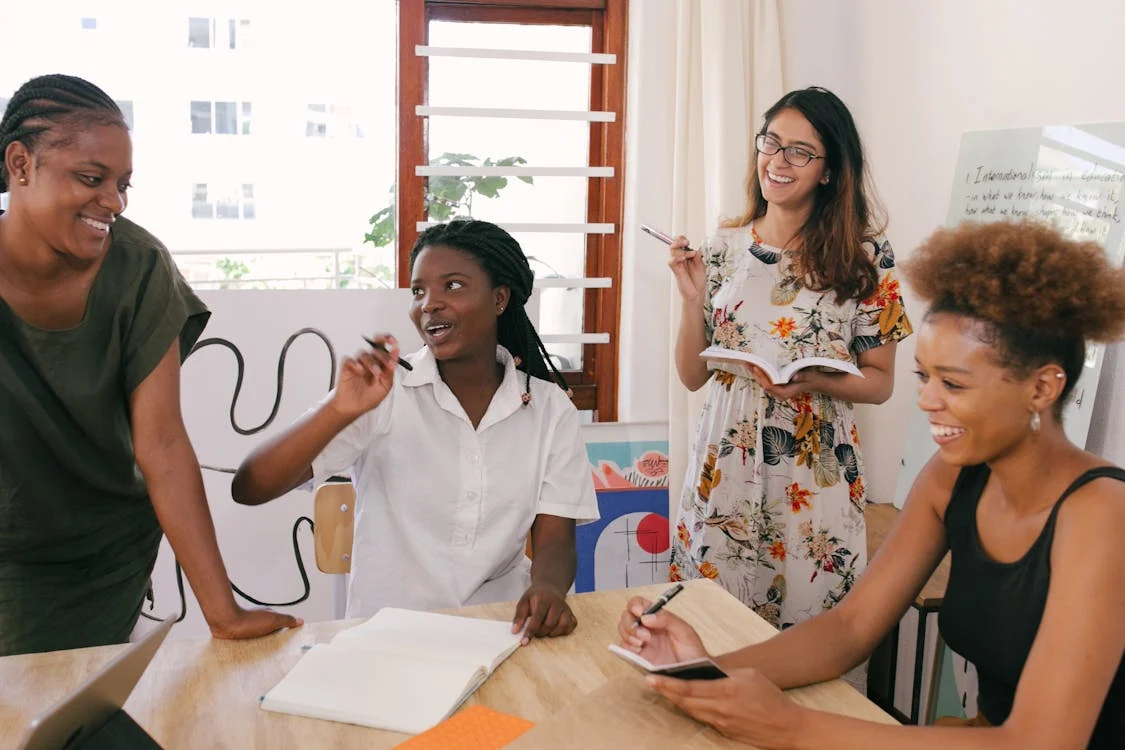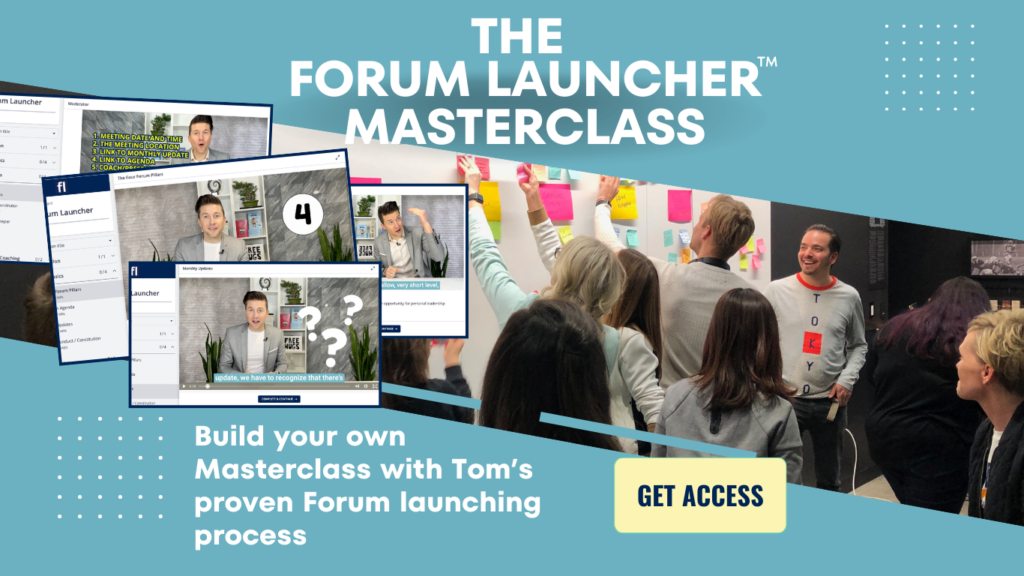From my prior post on how the Deep Dive section of the meeting can be run, one option is to have a roundtable discussion. The roundtable discussion can be topical or experiential. In this post, I will explain each option and give a Sample agenda on how to run each one.
Topical Discussion
A topical discussion is where the group chooses a topic before the meeting, and everyone shares their information. Here are some examples of topics that I have seen in groups.
Personal:
- Morning routines
- Workout routines
- Dieting strategies
- Self-care strategies
- Mental Health Management
- Digital Detox
- Time Management Techniques
Family/Friends/Community:
- Family traditions
- Parenting strategies
- Date night options
- Elderly care
- Conflict management
- Work-life balance strategies
- Volunteering Opportunities
- Making New Friends as Adults
Career:
- Hiring strategies
- Gorilla marketing ideas
- Social media strategies
- Company culture tips
- Management strategies
- Remote Work Tips
- Emerging Industry Trends
- Personal Branding Strategies
- Networking Strategies
- AI Usage
- Privacy and Data Security
- Tax saving strategies
Ideally, the deep-dive coordinator will pre-pick the topic the group is going to discuss and share that topic with the group before the meeting so the group can prepare for the discussion. As far as deciding which topic to choose, it can be based on something that came up during a prior meeting, you could have the group vote ahead of time, or the Deep Dive coordinator could decide on their own. Every group does this.
Now that you have shared a topic with the group, the next step is to run the roundtable discussion during the meeting. Here’s a sample agenda on how to run it.
Topic Intro (Coach) | 1 min |
Each Person Shares | 3 minutes each |
Q&A / Open Discussion (all) | 12 mins |
Write down action steps (all) | 90 seconds total |
Share action steps (all) | 90 seconds per person |
Close | 1 min |
Experiential Discussion
If the group decides to do an experiential discussion, this is where the group watches, listens, or reads something and then has a conversation about what they just digested. What the group watches, listens, or reads can be done beforehand or as a whole group during the meeting. The advantage of doing it beforehand is that you will save time during the meeting. The disadvantages are that it’s most likely that some people won’t do the homework or will only skim it.
Other groups have used TED Talks, magazine articles, podcasts, episodes, YouTube videos, and blog posts as examples for this section.
Just like with the topical discussion, the topic for this should be shared ahead of time and can be picked in the same manner.
Now that you have decided on the topic and shared it with the group, the final step is to run the experiential discussion during the meeting. Here’s a sample agenda on how to do so. Remember that if you choose to digest the content before the meeting, you’ll have much more time for the Open Discussion part of the Deep Dive.
Topic Intro (Coach) | 1 min |
Group Watch/Listen/Read | 5-10 mins total |
Solo reflection on main points | 2 mins total |
Each Person Shares | 2 mins each |
Q&A / Open Discussion (all) | 10-15 mins total |
Solo action steps | 1 min total |
Share action steps (all) | 90 seconds each |
Close | 1 min |
Whether you choose a topical or experiential format for your roundtable discussion, preparation and participation are critical to a successful deep dive. By selecting relevant topics that resonate with your group’s interests and setting a clear agenda, you foster an environment where every participant feels valued and engaged. Encourage everyone to share their insights and experiences, promoting a rich exchange of ideas and perspectives. This makes each session more interactive and informative and strengthens the bond within the group, creating a supportive community eager to explore, learn, and grow together. Remember, the ultimate goal is to leave each meeting with actionable insights that participants can apply in their personal or professional lives, ensuring that every discussion translates into tangible benefits for all involved.

